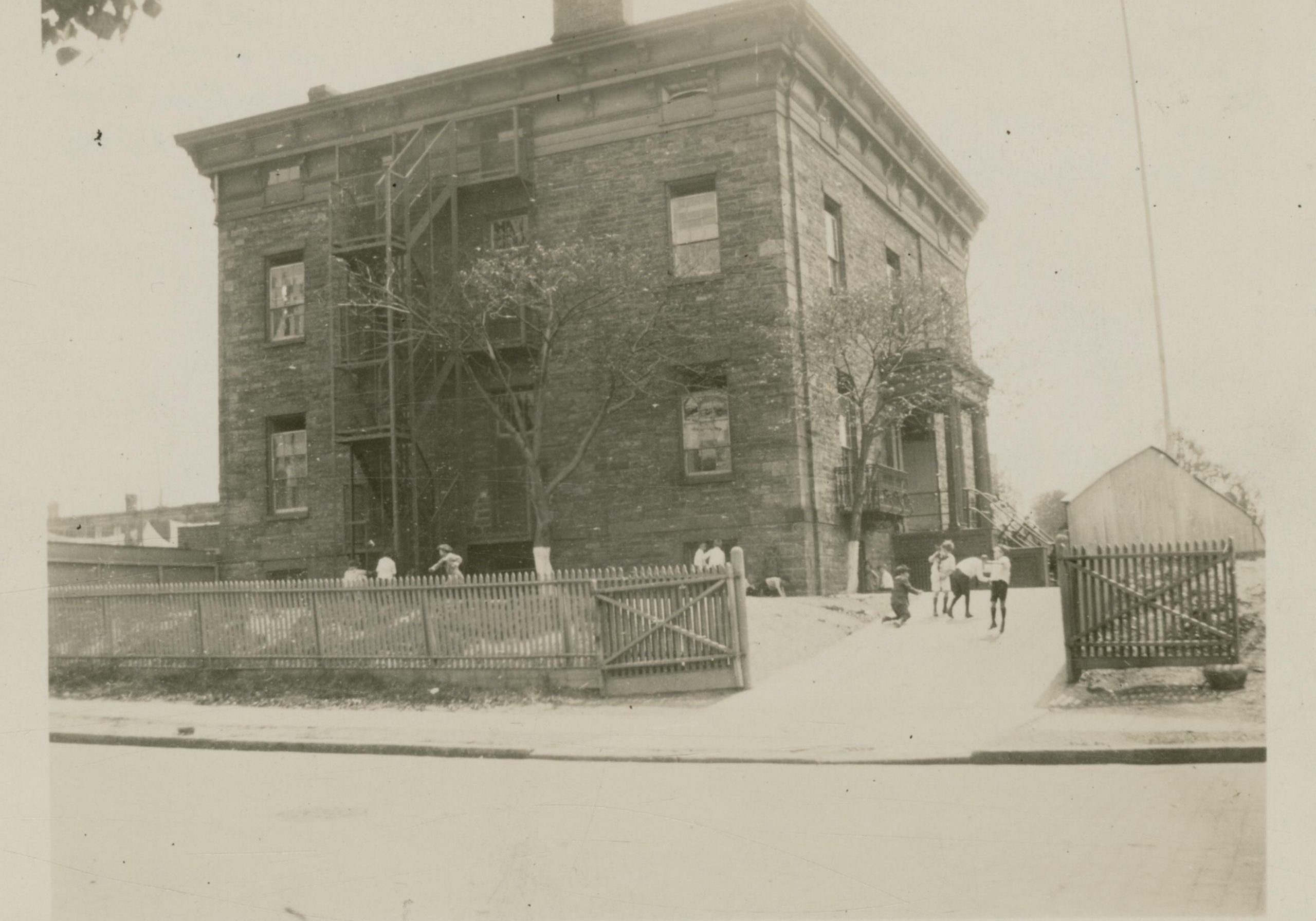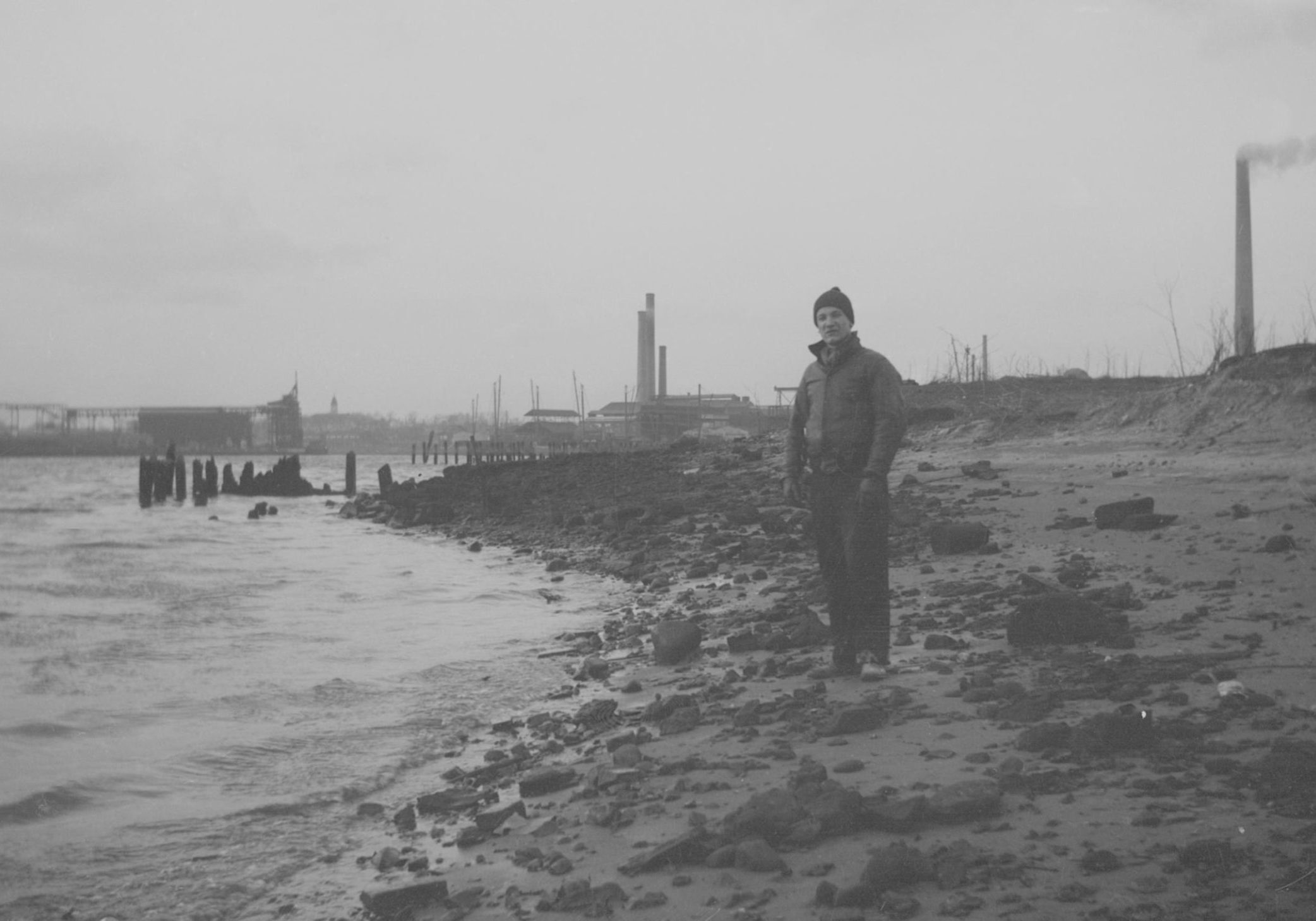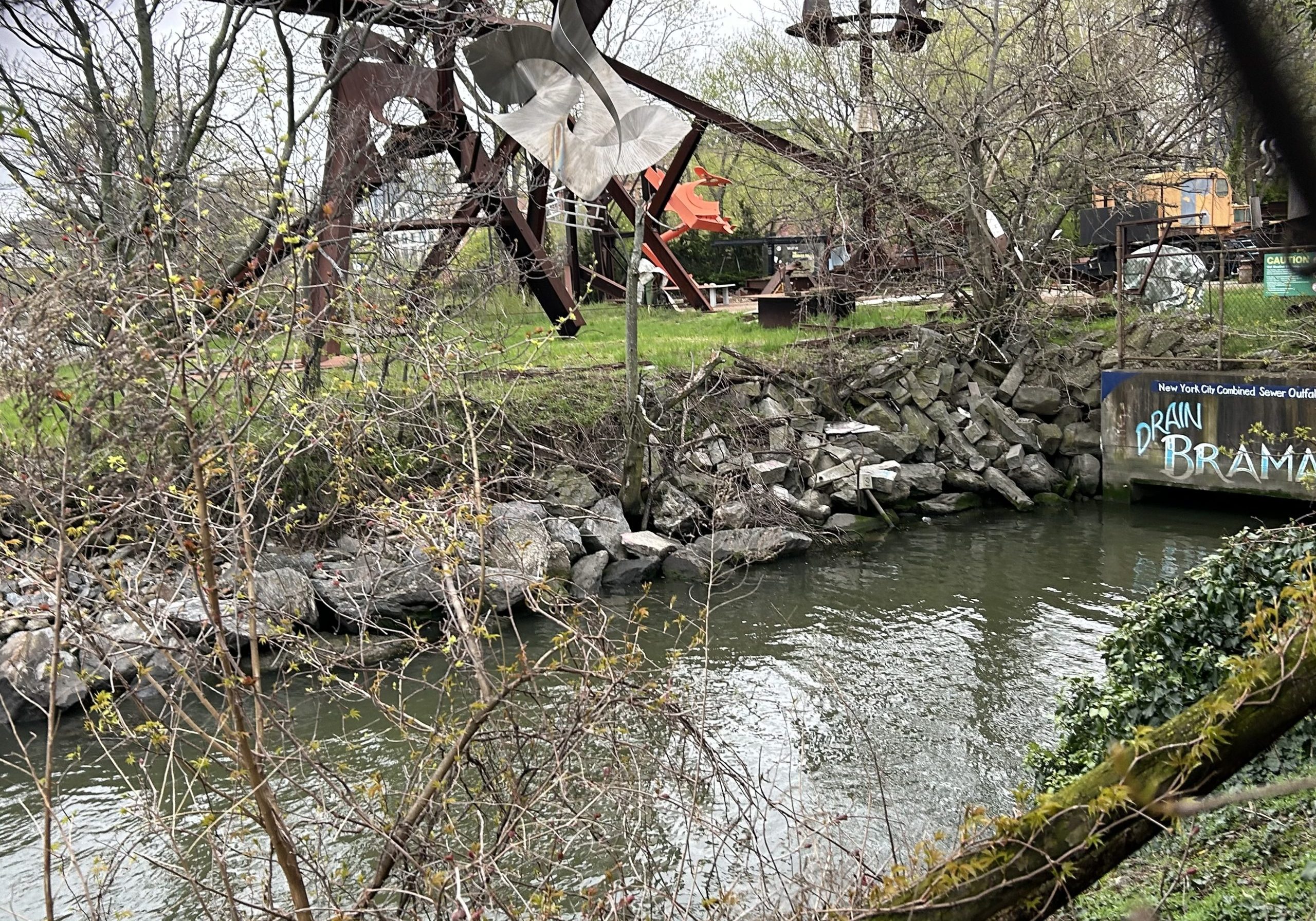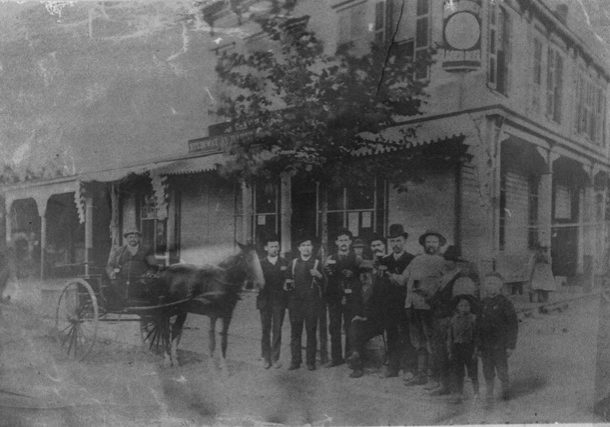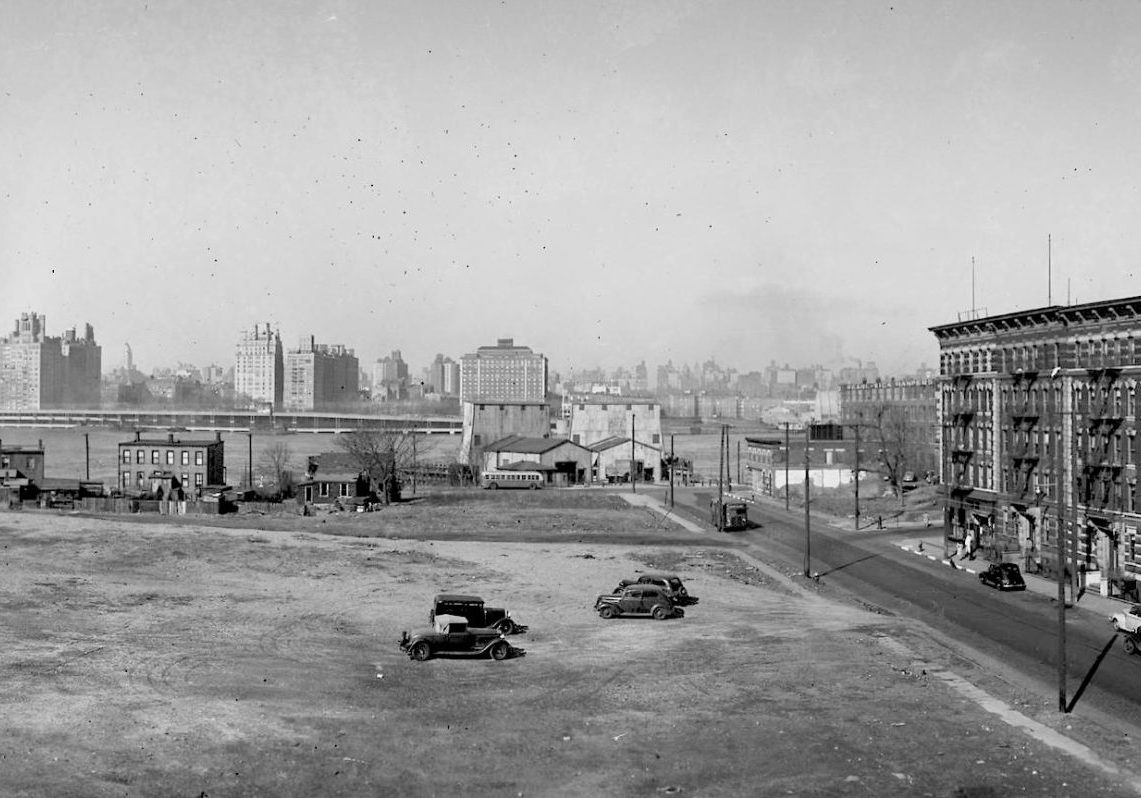Preventing the spread of COVID-19: a conversation with Dr. Dana Mazo, MD, MSc of Mount Sinai Queens
Image courtesy of Dana Mazo, MD, MSc Hospital Epidemiologist, Infection Prevention & Antimicrobial Stewardship, Mount Sinai Queens
New York, particularly Queens, has been greatly affected by the COVID-19 pandemic. Our doctors and nurses at Mount Sinai Queens see and feel the effects of the global pandemic on a daily basis.
So, what can the everyday resident of Astoria do to prevent infection and stop the spread of COVID-19? We spoke with Dr. Dana Mazo, MD, MSc Hospital Epidemiologist, Infection Prevention & Antimicrobial Stewardship Mount Sinai Queens and Assistant Professor, Infectious Diseases Mount Sinai Hospital/Icahn School of Medicine at Mount Sinai to find out more.
Stay home, as much as you can.
The first and arguably the most crucial bit of advice Dr. Mazo offered is to stay home as much as possible. The less interactions we have, the more the virus stops spreading.
This is especially true if you are feeling sick. If you or a loved one are experiencing flu-like symptoms, it is imperative that you stay home as it is likely that you may have COVID-19, which has been increasing at high rates in Western Queens, Astoria included.
When should I be concerned?
If you are not that sick, you likely do not require emergency attention. What does that mean? Unless you have major difficulty breathing, cannot keep down food or water, or are dehydrated, you do not require emergency attention.
Patients will be admitted to the hospital if they are experiencing one or more of the aforementioned severe symptoms. Testing is only being administered to patients who are admitted.
How is the virus spread?
The virus can be spread in more ways than one. However, the virus is always spread through droplets which come into contact with one of the mucus membranes (eyes, nose, mouth).
So, one way is by coming into contact with an infected individual’s saliva and then touching your own face. This counts even when talking to someone who is not practicing social distancing, and happens to secrete droplets invisible to the naked eye.
Additionally, minimize touching ‘high-touch areas’. High-touch areas are exactly what they infer: elevator buttons, door handles, and other items that people are continuously touching. If you know you will come into contact with said ‘high-touch’ surface, be sure to carry hand sanitizer on you or wash your hands immediately after, in addition to not touching your face.
The only way the COVID-19 virus gets transported by your hands, is by you touching your face. Moral of the story? Don’t touch your face with unwashed hands!
Do gloves help stop the spread?
“Gloves are only useful if you proceed to follow proper safety and hygienic precautions. Treat gloves the same way you would your hands because gloves become just as contaminated as hands would be” said Dr. Mazo. When using gloves, do not touch your face and immediately dispose of them after you are finished using them. “The concern is that you use gloves and then touch the mouth, nose or eyes”.
How do I know if it’s allergies or COVID-19?
Unfortunately for those who suffer from seasonal allergies, certain symptoms of allergies and COVID-19 happen to overlap. However, differences between both ailments are that those suffering from COVID-19 could have other symptoms or become sicker. If you develop diarrhea, loss of taste or smell, fever or difficulty breathing, it is more likely to be COVID-19.
What do I do if I’m living with someone who is sick?
The best thing to do if you are living with someone who is sick is to constantly wash your hands, as co-habitating means you are continuously sharing surfaces and space. “Don’t share glasses or utensils. Be sure to wash your hands and protect your face, either with a mask or scarves”, according to Dr. Mazo.
The bottom line? Continue to wash your hands and practice social distancing. Only leave your home if you absolutely have to, ie. grocery shopping. Dr. Mazo emphasized that in Seattle and San Francisco these precautionary measures were taken early, however New Yorkers should not be discouraged by rising numbers. “It takes 2-3 weeks” to see how much of an impact social distancing has made.
If you are feeling unwell, you likely do not need to come to the hospital, unless you have a very hard time breathing, or cannot keep food or water down. Based on studies cited by Dr. Mazo, approximately 80% of those suffering from COVID-19 will be able to recuperate without emergency intervention.
A special thank you to Dr. Mazo and the entire staff at Mount Sinai Queens for their efforts at this time, and for taking the time to speak with us!









